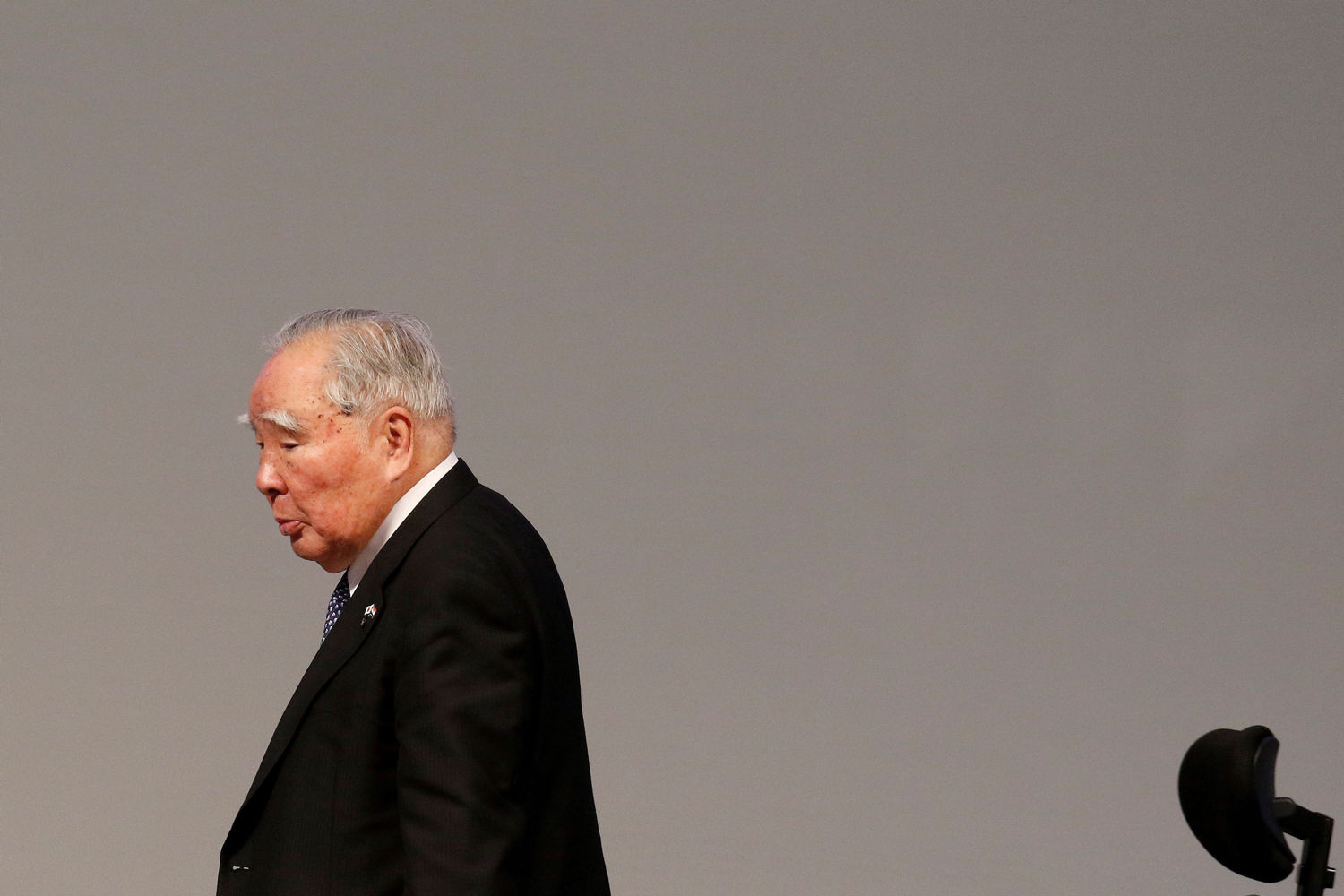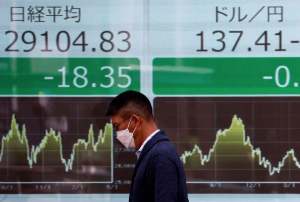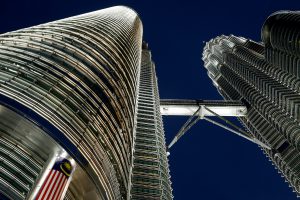(ATF) Suzuki Motor Corporation will step into a new era this year when its 91-year old chairman Osamu Suzuki retires in June, as the Japanese carmaker confronts a shift to electric vehicles (EVs) and heightened competition with non-traditional tech companies.
Suzuki, who headed the family company for more than four decades is leaving his son Toshihiro Suzuki – already president and chief executive – in complete control.
The company also outlined a medium-term plan (MTP) on February 24 that highlighted reduction in carbon dioxide (CO2) emissions while driving, a cutback in CO2 emissions from production, and maintaining high quality output. It will invest $9.45 billion, mostly on electrification technology, over five years.
The younger Suzuki said the company needed to respond to a global push towards lower emissions. “Carbon neutral is the focus now. Suzuki must not fall behind this global trend,” he said.
However, analysts greeted the initiatives coolly.
“Suzuki announced an MTP that presents a very cautious earnings outlook,” said Takaki Nakanishi, equity analyst at Jefferies in Tokyo. “While Suzuki’s MTPs are typically cautious and hence rarely help the share price, this time it will again have an adverse impact in the near-term”
COMPACT PRESENCE
Suzuki, who joined Suzuki Motor in 1958, became president in 1978 and doubled as chairman in 2000. During his tenure, the company solidified its presence as the top maker of compact cars.
He spearheaded the company’s decision to enter its key Indian market in 1983. Maruti Suzuki India Ltd, which the carmaker owns a majority stake in, is India’s top carmaker, selling every second car in the country.
In 2016, Suzuki stepped down as CEO to take responsibility for the firm’s use of incorrect testing methods to calculate vehicle mileage but he remained chairman. Takaki said the market had largely factored in Suzuki’s likely retirement.
“In past years, the market viewed his retirement as a substantial management risk factor,” he said. “However, actual management control has already shifted to an executive team and this team is generating stable results.”
The company, which began in 1909 making textile looms, was incorporated in 1920. The elder Suzuki said he decided to retire after the company welcomed its 100th anniversary last year and the approval of its new management plan. He said he will “remain active” as an adviser as “neither run away nor hide”.
The announcement by Japan’s fourth-biggest automaker comes less than a week after rival Honda Motor appointed a new CEO, who said he would consider alliances to make bold decisions.
With reporting by Reuters
























